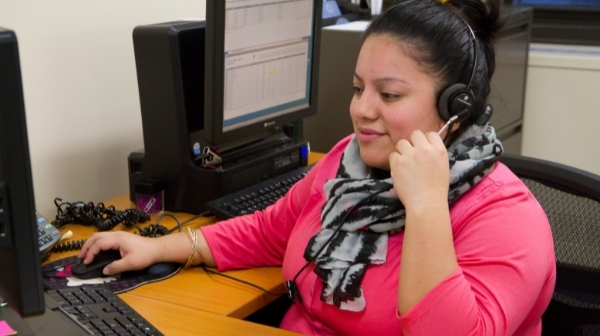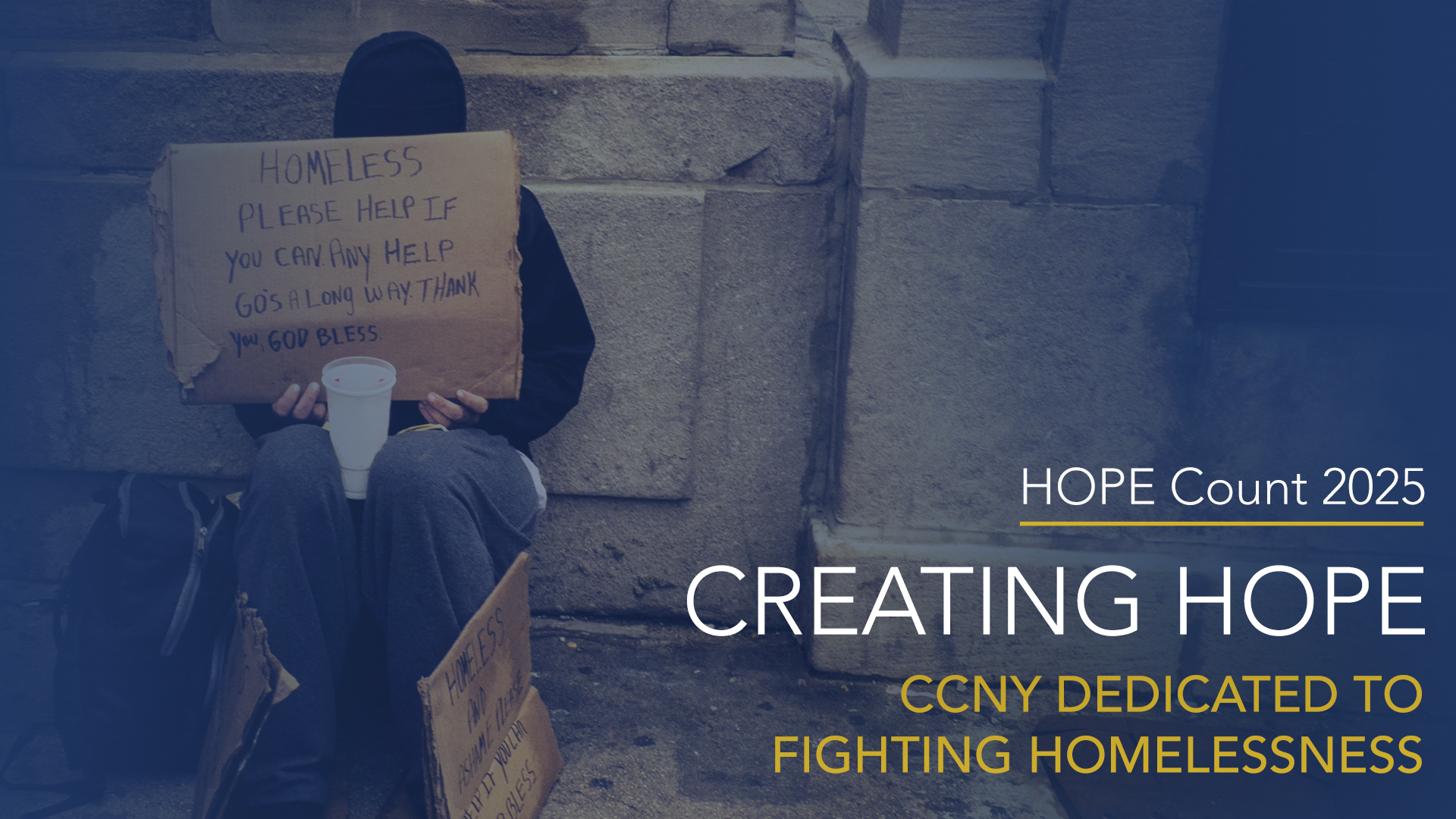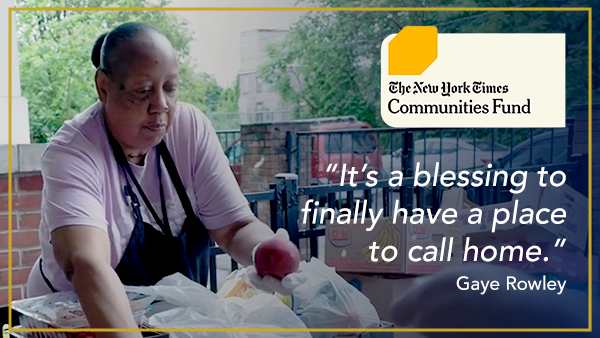If you are among the many New Yorkers who have fallen behind on rent or utilities during the pandemic you will be pleased to know that New York State has initiated a program to help. The Emergency Rental Assistance Program (ERAP) is a 2.4-billion-dollar relief effort to help tenants pay rent and utility arears, as well as some limited help with future rent and utilities. If you missed part one on the ERAP program, please read, Behind on Your Rent? The Emergency Rental Assistance Program (ERAP) Can Help.
HOW TO ACCESS ERAP
- You can go directly to https://nysrenthelp.otda.ny.gov/en/
- To request reasonable accommodation, contact the State’s call center at 1-844-NY1-RENT
- Catholic Charities’ helpline at 888-744-7900 and a staffer will help you.
INFORMATION YOU MUST HAVE READY
- When you apply for ERAP you will need to fill out a long electronic form. There are a few things you will absolutely need, without which you will not be able to complete the form:
- Proof of household gross income (either current monthly income OR calendar year 2020 income for you and anyone living in your household)
- Proof of unemployment benefits or proof of reduction in household income (like before and after paystubs)
- Proof of rent arears (rent owed) on or after March 13, 2020 (rent bills and rent receipts)
- The name (first and last), date of birth, gender, address of residence, primary language, email and phone number of yourself and any people living with you in your household
- The income of you or any people living with you in your household (the type of income, frequency of income, and amount of income)
- Social security number or alternate proof of identification (such as driver’s license or IDNYC)
- The name and address of the owner of the property from which you rent
Some of these may be more difficult to get, but you will need them. If you don’t know how to get them, you should call Catholic Charities’ helpline at 888-744-7900 for assistance.
OTHER INFORMATION YOU WILL NEED
There are a lot of questions, broken up into about nine different sections. As a rule, the questions you will be asked in the ERAP application are about the period beginning March 12, 2020 to the present. Also, the application repeatedly asks about “you or anyone in your household”, so be prepared to answer questions about family members or other people living in your household. In short, you will need to answer the same questions about other household members as you do about yourself.
QUESTIONS ABOUT YOUR LEASE, INCOME, PUBLIC ASSISTANCE AND EMPLOYMENT:
- What the terms of your lease are: is it annual / monthly / are you renting a lot / don’t have a lease
- Current employment status, and student status (part time or full time) if applicable
- Did you file taxes in 2021 for fiscal year 2020?
- Do you want to designate an emergency or proxy contact?
- You’ll be asked if you or someone in your household received unemployment since March 12 2020 and how you were financially impacted by Covid.
- Do you have any income, receive public assistance, receive gifts, receive groceries provided by persons not living in the household, are on SNAP, HEAP, or EITC? [There are follow up questions]
- Is anyone in your household in receipt of recurring public assistance (like Family Assistance, Safety Net Assistance, SNAP, or Code-A Supplemental Security Income (SSI)? They will ask follow up questions.
- What is your monthly rent amount, is it a house or apartment building, how many units there are, how many bedrooms do you have?
- Is the apartment rent controlled / Mitchell-Lama / Section 8 / Public housing / some other kind of subsidy / do you rent from an owner / sub-lease an entire unit / rent a room from an owner / renting a lot?
THEY ASK YOU THE DETAILS OF YOUR RENT AND UTILITIES
- They will ask you for each month starting in March of 2020:
- What is your regular monthly rent / how much money are you past due / are their late fees or other fees
- They will ask you similar questions for your utilities (gas, electric)
- They will ask about prior and current rent assistance that you have received OR applied for, such as Section 8, HOPWA, or other Public Housing programs, Covid Rent Relief Program COVID RRP), Family Homelessness & Eviction Protection (FHEPS), Senior Citizen Rent Increase Exemption (SCRIE), Disability Rent Increase Exemption (DRIE), HIV/AIDS Services Administration (HASA), or other programs.
- Finally, they ask if anyone outside your household including any agencies or organizations help you pay monthly rent, and how much?
CONCLUSION
This is a lot of information. It isn’t easy to complete this form, but the sooner you do this the better. Ask for help if you need it. Catholic Charities case workers are prepared to help you with this process. Just call the Catholic Charities’ helpline at 888-744-7900.












